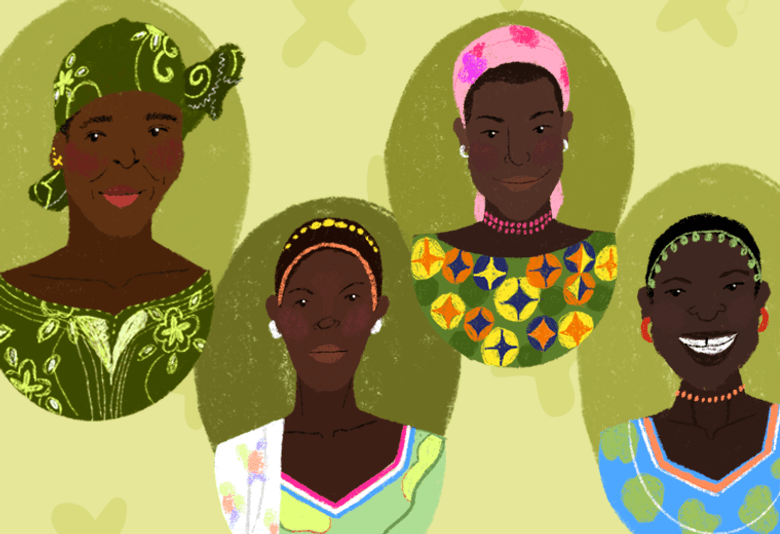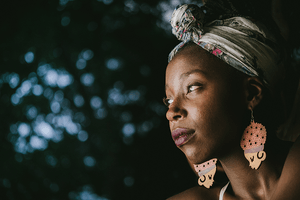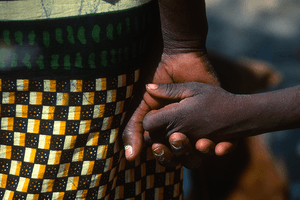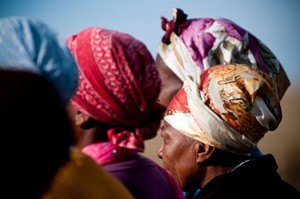African tribes have been smashing period taboos since time immemorial but there is a lack of documentation that records and preserves such sex-positive traditions. That’s why, in this Black History Month, I would suggest that we as individuals revisit our roots and relearn our culture and traditions. It is an important step for two reasons. Firstly, these traditions were not well-documented and maybe our efforts can initiate this process; and secondly, we don’t get to see much positive Black history and we can change that.
Doing my part, I will share with you the story of two African tribes; one in Nigeria and another in Côte d’Ivoire.
Nigeria
The Gbagyi tribe in Nigeria’s capital originated from Bayajidda – the man who married the daughter of the King of Daura but had an affair with a maid. The maid bore seven sons, who were termed illegitimate and asked to leave the dynasty. These seven sons went their separate ways and built seven different tribes named Zamfara, Kebbi, Kwararari, Gwari, Nupe, Yauri and Kororofa.
The Gbagyi tribe is one of the two divisions of the Gwari tribe; and is also known as Gwarri Ghen Ghen. The other division is Gbari and is also known as Gwarri Yanma. These two divisions spoke the same language but with different intonations.
The Gbagyi tribe has a menstrual ceremony for young girls when they get their first period. During this ceremony, older women of the family take the girl and bathe her with water and herbs in a traditional pot. She is dressed and given food and information about what periods are and what is expected of her, for example staying at home because women need to rest during this period.
I asked Saratu Samuel, a 96-year-old Gbagyi woman, about the reason behind this tradition. “It’s to remind women to take care of themselves. Because women spend a lot of time caring for others and during menstruation, the physical energy is sometimes depleted. It’s also to show women that she has a support system that will always be there to guide her at every step of her journey because change can be quite scary,” she shared.
Samuel also revealed that there is a ceremony for every stage of a woman’s life. And that there is a peer group to organize that.
Côte d’Ivoire
In Côte d’Ivoire, the Beng tribe is one of the smallest ethnic groups in the country. They also have one of the most misunderstood cultures around menstruation. According to their traditions, menstruating women avoid certain activities. This includes visiting the forest or farmlands and cooking food.
For the tribe members, a menstruating woman is a flower and the menstrual fluid is a symbol of life and fertility. Since a flower is fragile, the restrictions exist to control the fertility of the forest and farmlands. The tribe believes menstruating women have mystic powers that can make the forest overgrow.
About cooking, the tribe believes menstruating women transfer fertility to everyone who eat their meal. Barring women from cooking is a way to control fertility.
Do you have something to share? Leave your comments below, contact us on our social media platforms: Facebook, Instagram, Twitter, YouTube and TikTok or send us an email to info@findmymethod.org. For more information on contraception, visit findmymethod.org
About the author: Amos Sanasi is an award-winning sex educator who specializes in sexual enlightenment. Her book “BDSM CHEAT SHEET” is a beginner’s guide for those who want to be kink-positive. She is also the founder of West Africa’s first sex-Ed tech startup RevaginateNG. She tweets at @thesanasi.




